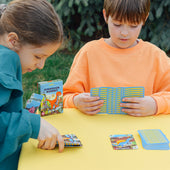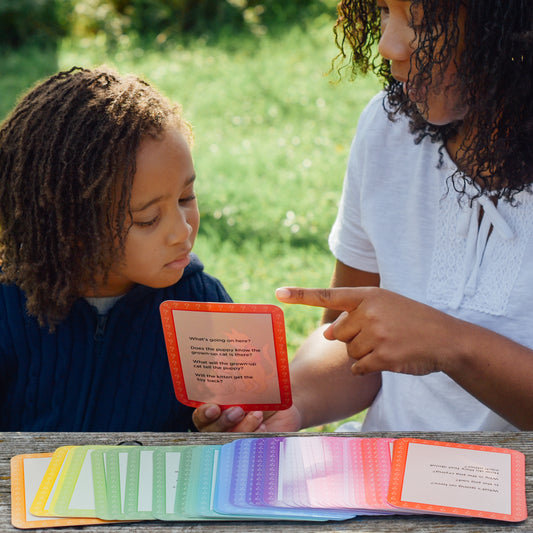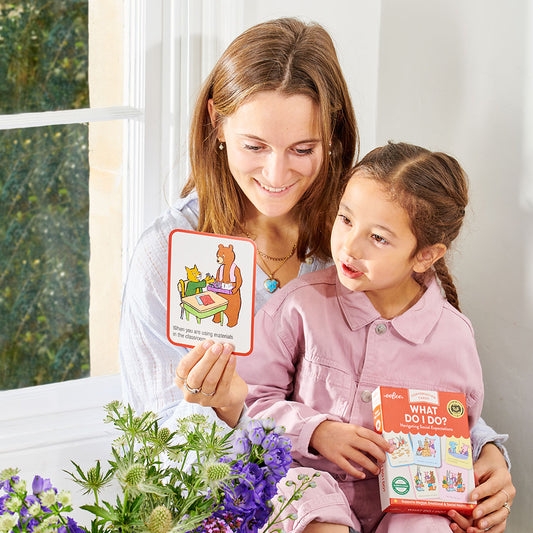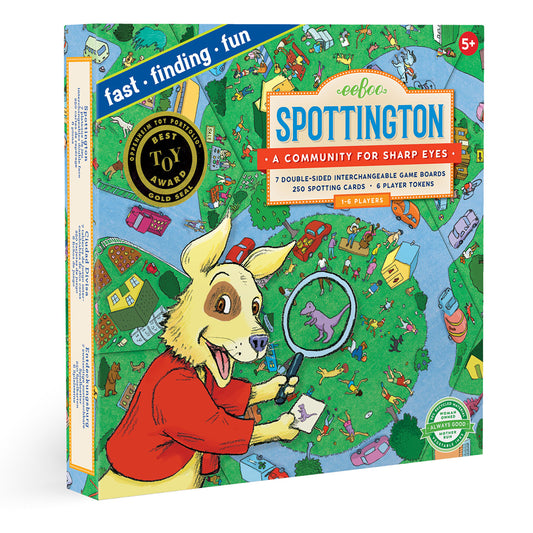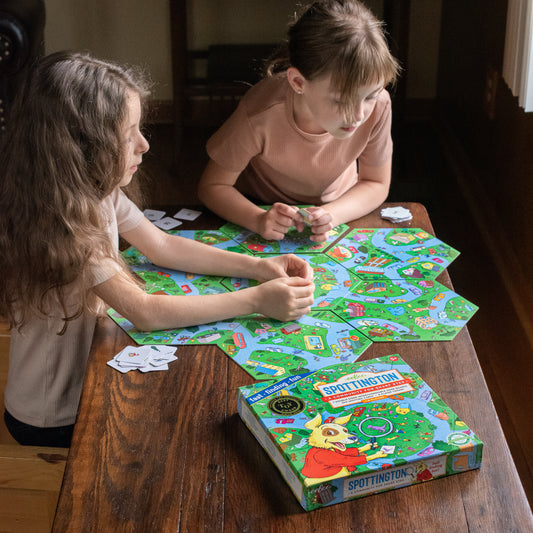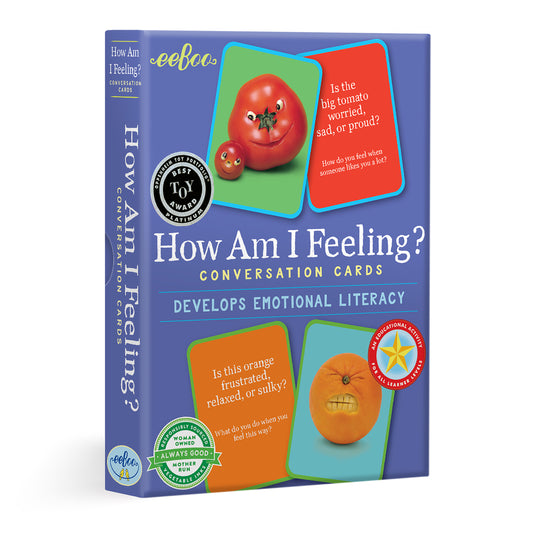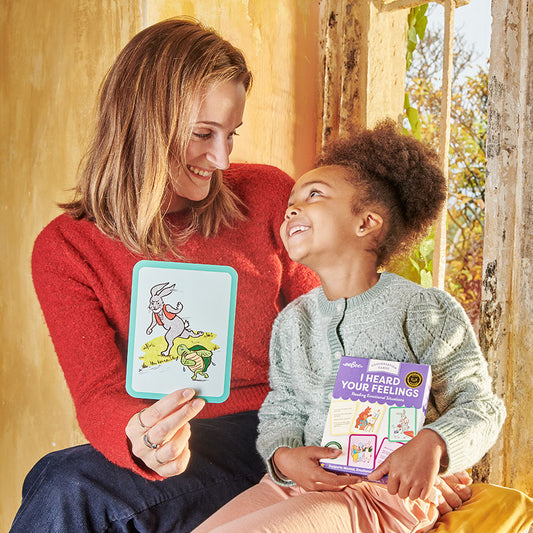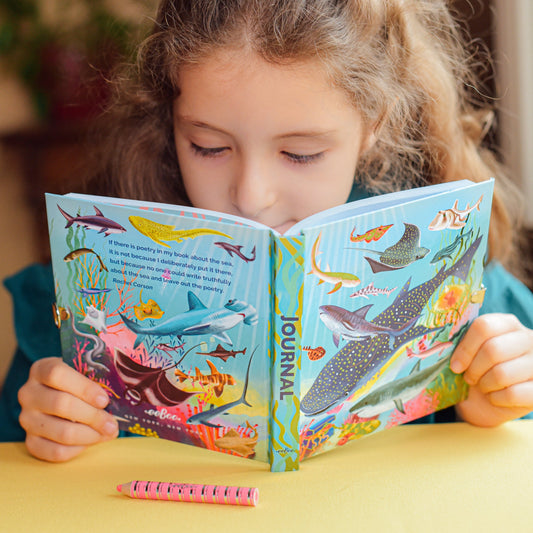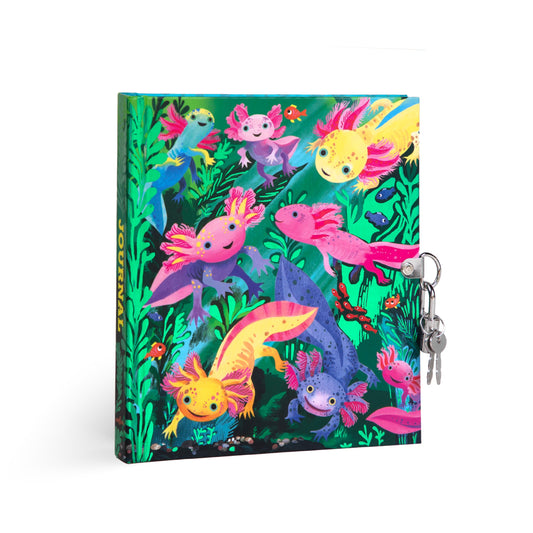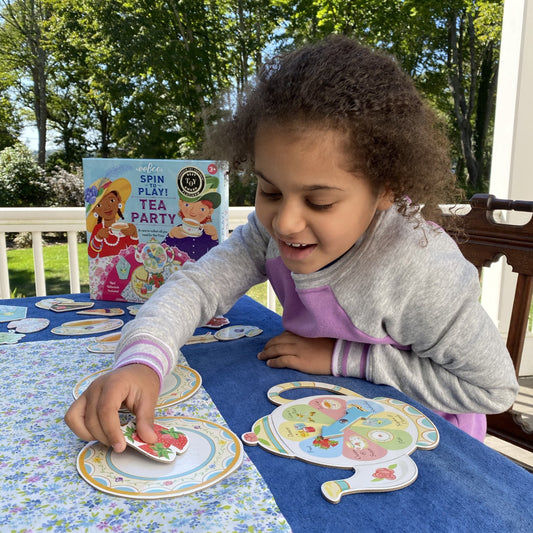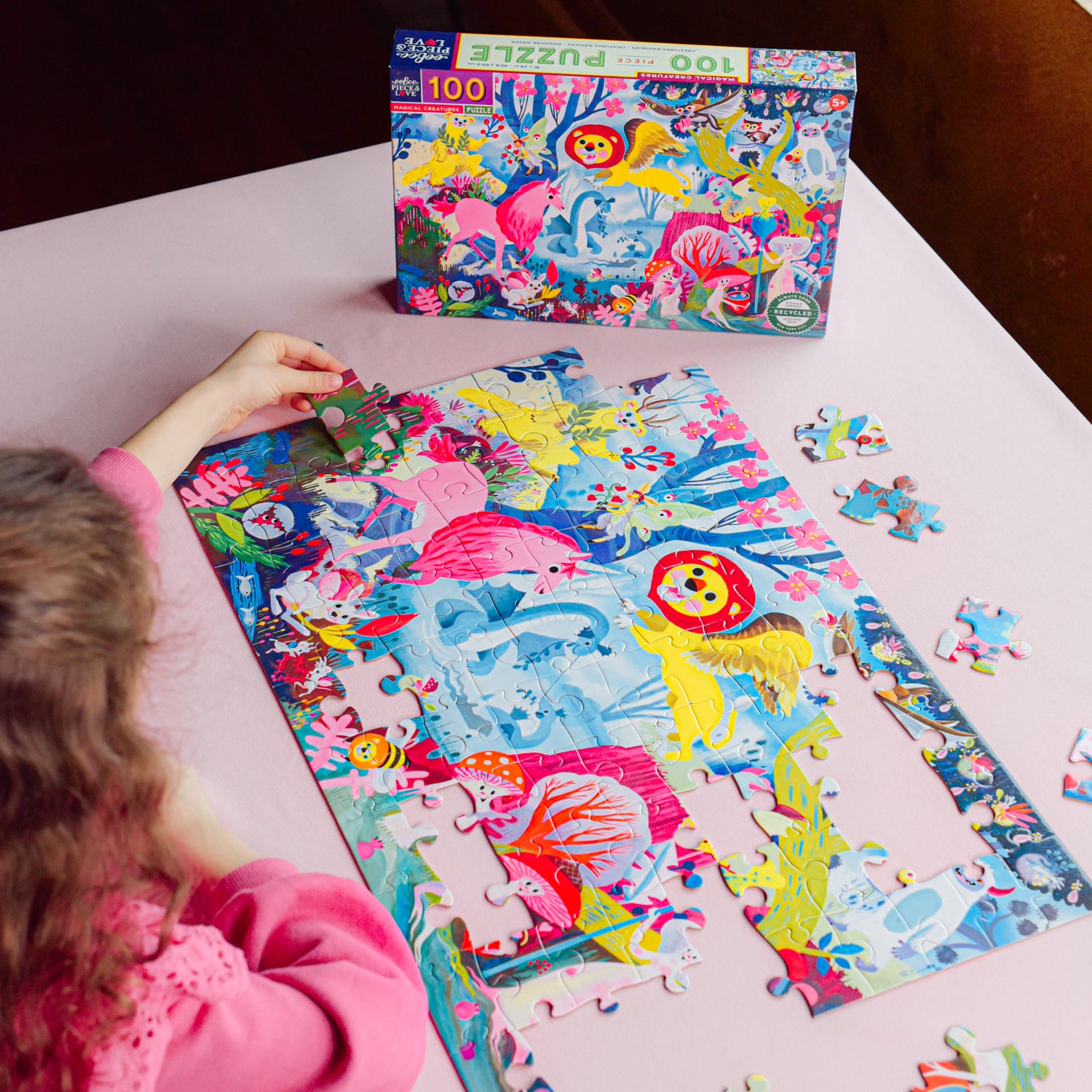Open-ended and self-directed play allows freedom to explore and create without rules, cultivating self-determination, imagination, associative thinking, and problem solving. Here are several reasons why self-directed, open play is important for development:
-
Creativity and Imagination: In self-directed play, children have the freedom to explore their imagination and create scenarios without predefined rules. This fosters creativity as they invent stories, characters, and worlds, leading to more innovative thinking.
-
Problem-Solving Skills: When engaged in self-directed play, children encounter challenges and problem-solving opportunities. They learn to navigate obstacles independently, fostering critical thinking skills and resilience.
-
Autonomy and Independence: Self-directed play empowers children to make their own choices and decisions. This autonomy helps build a sense of independence and self-confidence, laying the foundation for future decision-making.
-
Social Skills: Ever have a conversation with yourself in a the shower? Or rehearse a conversation with your boss? Those skills are learned through independent play.
Even when playing alone, children develop social skills. They learn to negotiate, cooperate, and communicate with imaginary friends or engage in make-believe scenarios, which translates into improved social interactions with peers later in life. -
Emotional Regulation: Play provides a space for emotional expression. Through self-directed play, children learn to navigate and manage their emotions in a safe environment. This contributes to emotional intelligence and self-regulation skills.
-
Intrinsic Motivation: Self-directed play is often driven by intrinsic motivation—children engage in activities because they find them enjoyable or interesting. This type of motivation is associated with a love for learning and a deeper engagement with activities.
-
Interest-Based Learning: Children naturally gravitate toward activities that interest them. Self-directed play allows for interest-based learning, enabling children to explore subjects and concepts that capture their curiosity, making the learning experience more meaningful.
-
Sensory and Motor Development: Many self-directed play activities involve hands-on experiences, contributing to sensory and motor development. Whether it's building with blocks, playing with sand, or drawing, children enhance their fine and gross motor skills through self-directed play.
-
Long-Term Learning: Encouraging self-directed play instills a love for learning that extends beyond childhood. Children who learn to explore and discover independently are more likely to approach new challenges with curiosity and enthusiasm throughout their lives.
-
Individualized Learning: Each child is unique, with distinct interests and preferences. Self-directed play allows for individualized learning experiences, catering to the specific needs and inclinations of each child.
-
Cultural and Social Understanding: Through self-directed play, children often incorporate elements from their cultural surroundings and societal experiences into their imaginative scenarios. This can enhance their understanding of the world around them.
-
Joy: Perhaps most importantly, it's FUN! Self-directed play brings enjoyment to a child's life. It allows them to have fun, experience moments of happiness, and develop a positive attitude towards exploration and learning.
In summary, self-directed play is a fundamental aspect of childhood that contributes to holistic development. It provides a foundation for various skills and qualities that are essential for navigating the complexities of life. Encouraging and facilitating self-directed play is a valuable investment in a child's well-being and future.







